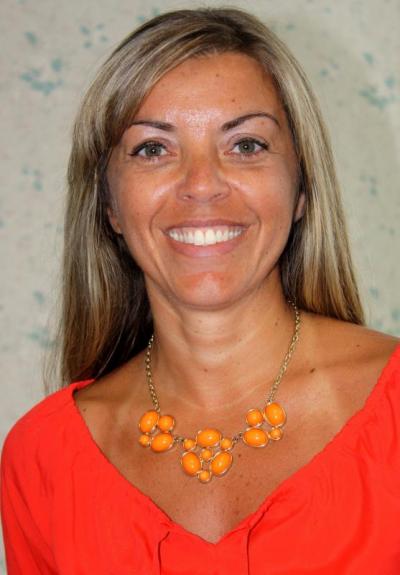Keeping Moods High When the Sun is Low
Moving into New England winters causes many people to feel more gloomy and irritable than their summertime selves. We often dismiss these feelings as the winter blues, but you may actually be suffering from Seasonal Affective Disorder (SAD).
A type of depression linked to the decreased sunlight during fall and winter months, SAD can affect anyone and is most common among people aged fifteen to fifty-five with a family history of depression.
We spoke with Jordan Hospital’s Social Work Manager, Palmira “Pam” Bolarinho, LICSW, about living with SAD and how to keep your mood up when the sun disappears.
Q: What causes SAD and how can I recognize it?
It is caused by the decreased amount of sunlight during the fall and winter months, which can affect your sleep/wake cycle. If you feel overcome by sadness or anxiety, or lose interest in everyday activities, and if those feelings happen consistently at the same time of year, for over a two year span, suspect SAD.
Q: Who is most at risk for developing SAD?
People with any type of mental health issue are more at risk for SAD and depression. This is especially true for those who live in areas where winter daylight hours are short. The risk for SAD decreases as you age; elders can get SAD but would likely have experienced it earlier in life as well.
Q: How do I know when I need help?
Your mood is bright May through September, but later in the fall you feel irritable, grumpy and have trouble getting out of bed. See your doctor to get help before symptoms increase, so you avoid a deeper depression.
Q: How is it treated?
Bright Light Treatment is popular — you sit in front of a light box for half an hour or so in the morning. You could also try Dawn Simulation. As you sleep, a dim light goes on and gradually gets brighter and brighter as it gets closer to your wake up time. The goal is to mimic a sunrise. Both of these techniques have been shown to brighten your day and mood. Most people start to feel better after a week or so using light therapy every day.
Sometimes people go on antidepressants during the winter. However, if you have SAD, these will not necessarily help without light therapy as well.
Q: What can I do if I think a loved one may be suffering from it?
Encourage them to seek medical help. Your doctor can help sort out whether it is depression, SAD, or maybe something else and get you the help you need to keep staying your summertime self throughout the year.
Keep Your Spirits Bright. Contact a Jordan Hospital specialist to help you beat the blues: 800-2JORDAN or visit www.jordanhospital.org.
















